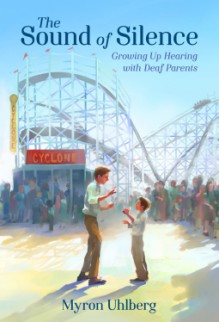
I am very annoyed that I will not get to see the exhibit on Troy that is currently at the British Museum. Words cannot express how upset I am by this. I am beyond pissed. You must understand, I cannot remember a time when the story of Troy has not fascinated me. Michael Woods’ series, In Search of the Trojan War, was the first adult thing I was allowed to watch.
So it was really only a question of when I would read this book.
The title of the book plays on the silence that is exhibited by the women who find themselves at the heart of the action of the Iliad – Brises and Chrysies. The two women who, in essence, Agamemnon and Achilles got to war over. The two women are given very little in the Iliad, and Barker attempts to correct this.
In part it works, in part it doesn’t. For a book that is supposed to the voice of women, there are too many sections where the action is solely on Achilles and Partoculus. The book starts in Brises’ pov but switches at points to a third person pov with the focus on Achilles and Partoculus, or some other man. This makes for strange reading because it takes over the voice of the women. Brises herself seems aware of this as the ending paragraph indicate, but it is still very strange.
The point of shift, a change in perspective to an established should bring some fresh perspective, despite being constrained in various ways by the original story. While Barker focus on the toll of are on those who are not in battle, there really isn’t much new here. There are flashes of what could have been a different novel – the bits about Achilles and Thetis are wonderful and powerful. But there isn’t much new, and at some points, it is hard not to feel that a work such as Bailey’s Cassandra, Princess of Troy, isn’t a better novel.
It’s not a bad book, but it is a book you want more from.


 Log in with Facebook
Log in with Facebook 









